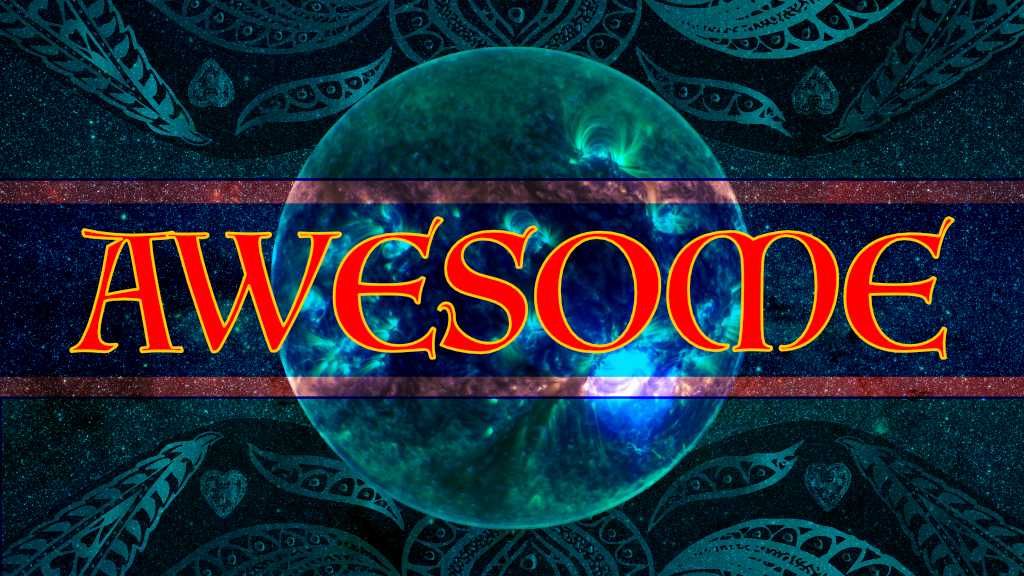
Yeah, everything is boring. Streaming video, books, art—everything. It is the opposite of “everything is awesome” and, once again, it came about as a result of the internet attention economy. Or at least that is what Michelle Goldberg of the New York Times tells us, rounding up some thoughts from a literary critic as a first step and then jumping into some new social criticism that suggests the internet has ruined snobbery.
I was thinking back to the 1990s after I read the piece. I was a working computational linguist who dabbled in simulated evolution and spent time at Santa Fe Institute studying dreamy artificial life concepts. In my downtime I was in an experimental performance art group that detonated televisions and projected their explosions on dozens of televisions in a theater. I did algorithmic music composition using edge-of-chaos self-assembling systems. I read transgressive fiction and Behavioral and Brain Sciences for pleasure. I listened to Brian Eno and Jane Sibbery and Hole while reading Mondo 2000. My girlfriend and I danced until our necks ached at industrial/pop-crossover clubs and house parties. An early “tech nomad” visited us at one of our desert parties. Both in my Peace Corps service in Fiji and then traveling in Europe and Japan, I was without a cell phone, tablet, and only occasionally was able to touch email when at academic conferences where the hosts had kindly considered our unique culture. There was little on the internet—just a few pre-memes struggling for viability on USENET.
Everything was awesome.
But there was always a lingering doubt about the other cultural worlds that we were missing, from the rise of grunge to its plateau into industrial, and of the cultural behemoth cities on the coasts. Since we performed, thought, grew, and evolved in a small southwestern city, we always felt that the creativity was somehow expended into the air for, often, an audience of a few dozen. The cultural centers of gravity were elsewhere and our little triumphs just dissipated into a kind of longing.
That doubt and those limits, in Goldberg’s telling, are what is missing today. There are no longer cultural islands that have barriers to entry. Snobbery is over. Everything has become thoroughly accessible: aesthetics, architecture, ideas, movies, and music. People aren’t born with refined aesthetic senses. They must be told what to like by the culture and people around them (Mies van der Rohe? Can’t find it.) They evolve into their engagement with aesthetics through communities. Or they used to. Now it’s all boring.
I agree with some of the sentiments about this modern, boring world. While there is a seemingly infinite well of video content, books, and articles, it all seems, well, incremental or derivative at best. There are some exceptions, however, that I want to emphasize and that have a sustaining kind of energy for me. For example, the James Webb Space Telescope may be seeing extremely large-scale galactic structure where it shouldn’t be in the oldest views of the universe. Fiction isn’t treating me well, however. I have been rereading John Hawkes’ The Beetle’s Leg and Ishiguro’s The Remains of the Day and am admittedly bored. Strained, incongruous vernacular for the former and dry details about dying, elitist England for the second. But some analysis brightened my day with the return of nihilism in this lovely review of a new translation of Turgenev. Well, it’s more a review of Turgenev himself than of the translation, but it is still awesome.
Goldberg and her anti-muses need to revisit old solutions to existential angst. At least we have our own creativity when we are at our best. If everything is an obstinate, incorrigible bore, we just have to create some small thing that is exquisitely beautiful to us. Damn the giant suction of eyeballs on the internet and the traceries of snobbery from the modern era. It’s time to micro-cast to ourselves and explore the edges of what we are incapable of doing. Someone will probably like it or at least we will, even if only briefly.
Added more tags and recapitalized Der for Mies.